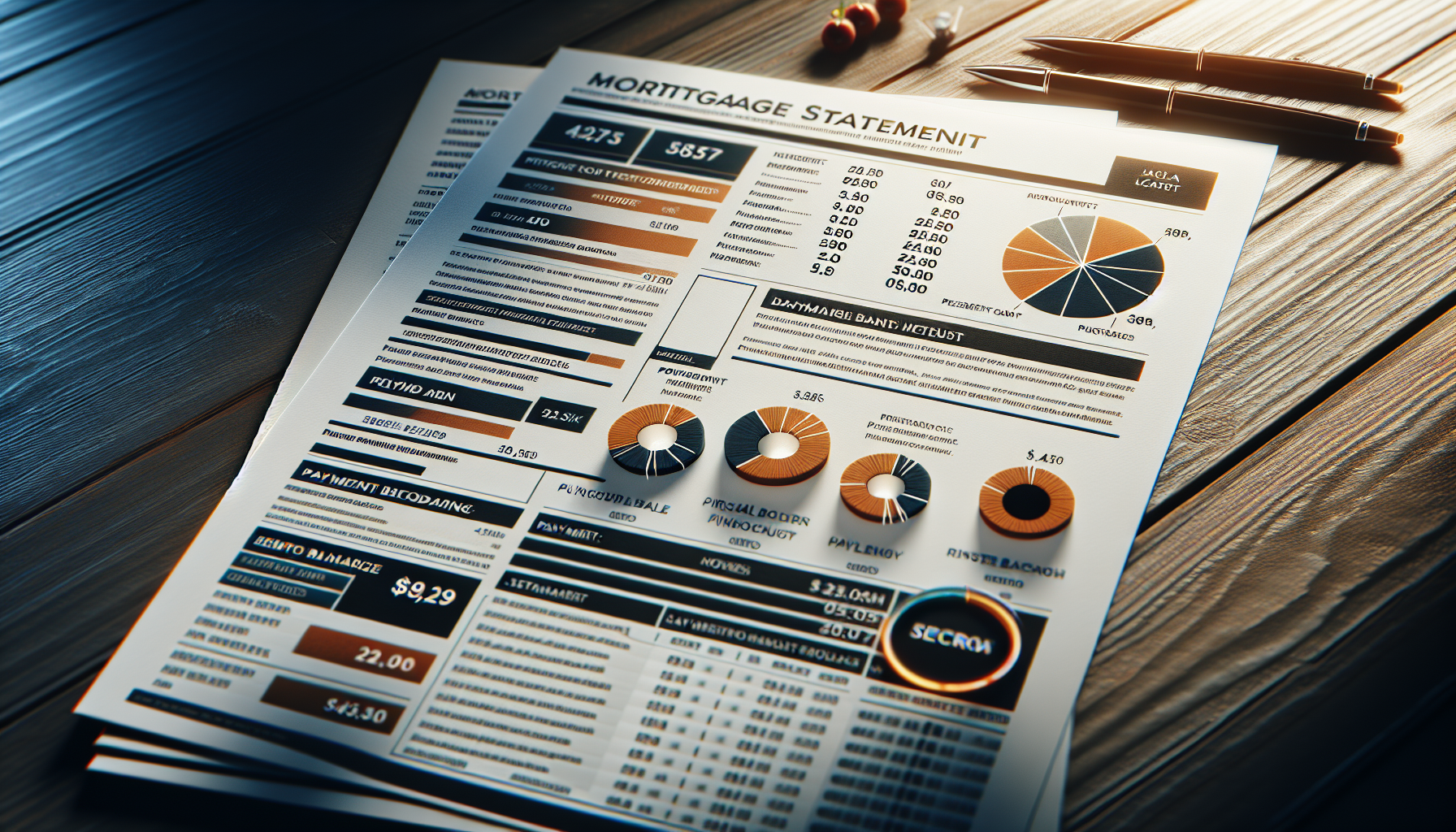Understanding Fixed-Rate Mortgages
Fixed-rate mortgages are a popular choice among homebuyers due to their predictable nature and stability. With a fixed-rate mortgage, the interest rate remains the same throughout the entire term of the loan, typically 15 or 30 years. This means that monthly mortgage payments stay consistent, making budgeting and financial planning easier for borrowers.
One of the primary advantages of fixed-rate mortgages is the protection they offer against rising interest rates. Since the rate is locked in at the time of closing, borrowers don’t have to worry about their monthly payments increasing if market rates go up. This predictability can provide peace of mind and financial security, especially for those on a tight budget.
How Fixed-Rate Mortgages Work
When a borrower takes out a fixed-rate mortgage, they agree to pay a set interest rate for the duration of the loan term. This interest rate is determined by various factors, including the borrower’s credit score, down payment, and the current market conditions. Once the rate is locked in, it remains the same until the loan is paid off or refinanced.
The monthly payments for a fixed-rate mortgage are calculated based on the loan amount, interest rate, and loan term. A portion of each payment goes toward paying down the principal balance, while the rest covers the interest charges. As time goes on, the amount applied to the principal increases, gradually reducing the overall loan balance.
Advantages of Fixed-Rate Mortgages
Fixed-rate mortgages offer several key benefits for borrowers:
- Predictable payments: With a fixed interest rate, monthly mortgage payments remain the same, making budgeting and long-term financial planning more manageable.
- Protection against rising rates: Borrowers are shielded from the impact of rising interest rates, as their rate remains locked in for the life of the loan.
- Stability: Fixed-rate mortgages provide a sense of stability and security, knowing that housing costs will remain consistent even in a fluctuating market.
For many borrowers, the predictability and stability offered by fixed-rate mortgages make them an attractive choice when financing a home purchase.
Impact of Economic Downturn on Mortgage Interest Rates
During an economic downturn or recession, mortgage interest rates often experience significant changes. Understanding how these rates are affected can help borrowers make informed decisions about their home financing.
How Recessions Affect Interest Rates
Recessions are characterized by a decline in economic activity, typically marked by falling GDP, rising unemployment, and reduced consumer spending. In response to these conditions, central banks like the Federal Reserve often take steps to stimulate the economy and encourage borrowing.
One of the primary tools the Federal Reserve uses is adjusting the federal funds rate, which influences the interest rates banks charge each other for short-term loans. During a recession, the Fed may lower the federal funds rate to make borrowing cheaper and more attractive. This, in turn, can lead to lower interest rates across various financial products, including mortgages.
Mortgage Rate Trends During Recessions
Historically, mortgage rates tend to fall during recessionary periods. For example, during the Great Recession of 2007-2009, the average 30-year fixed mortgage rate dropped from around 6.5% to below 5%. This trend is often driven by reduced demand for mortgage financing as fewer people are buying homes and more are facing financial difficulties.
Lower mortgage rates during a recession can provide opportunities for borrowers to secure more affordable home financing. However, it’s important to note that other factors, such as tightened lending standards and increased unemployment, may make it more challenging for some borrowers to qualify for a mortgage during an economic downturn.
| Period | Average 30-Year Fixed Mortgage Rate |
|---|---|
| Pre-Great Recession (2006) | 6.5% |
| During Great Recession (2008) | 4.8% |
| Post-Great Recession (2010) | 4.5% |
As the table shows, mortgage rates experienced a significant decline during the Great Recession, offering borrowers the opportunity to secure more affordable home financing during a challenging economic period.
Effects on Borrowers with Fixed-Rate Mortgages
For borrowers who already have a fixed-rate mortgage, an economic downturn can present both stability and opportunities.
Stability of Monthly Payments
One of the key advantages of a fixed-rate mortgage is that the interest rate and monthly payments remain the same throughout the life of the loan, regardless of market fluctuations. This means that even during a recession, when interest rates may be falling, borrowers with fixed-rate mortgages will continue to make the same monthly payments.
This stability can provide peace of mind and make budgeting easier during uncertain economic times. While other expenses may be rising or income may be impacted by job loss or reduced hours, housing costs remain predictable for those with fixed-rate mortgages.
Opportunities for Refinancing
Although borrowers with fixed-rate mortgages won’t automatically benefit from falling interest rates during a recession, they may have the opportunity to refinance their mortgage at a lower rate. Refinancing involves taking out a new loan to replace the existing mortgage, typically with the goal of securing a lower interest rate and reducing monthly payments.
During a recession, when mortgage rates are dropping, borrowers with fixed-rate mortgages may be able to significantly reduce their monthly housing costs by refinancing. This can free up money in their budget for other expenses or savings goals.
However, it’s important to carefully consider the costs associated with refinancing, such as closing costs and appraisal fees, to ensure that the long-term savings outweigh the upfront expenses. Additionally, borrowers should assess their current financial situation and job stability before committing to a refinance.
Strategies for Borrowers During an Economic Downturn
Navigating an economic downturn can be challenging, but there are several strategies borrowers with fixed-rate mortgages can consider to help weather the storm.
Mortgage Relief Options
If job loss or reduced income makes it difficult to keep up with mortgage payments, borrowers should proactively reach out to their mortgage servicer to discuss relief options. Many lenders offer programs such as:
- Forbearance: Temporarily pausing or reducing mortgage payments for a set period, with the option to make up missed payments through a lump sum, repayment plan, or loan modification.
- Loan modification: Permanently changing the terms of the mortgage, such as extending the loan term or reducing the interest rate, to make payments more manageable.
It’s crucial to communicate with your mortgage servicer early on and explore the options available to avoid falling behind on payments and potentially facing foreclosure.
Recession-Proof Investing
During an economic downturn, it’s important to reassess your investment strategy and consider recession-proof options to help protect your financial well-being. Some potential investment strategies include:
- Portfolio diversification: Spreading investments across various asset classes and sectors to minimize risk and potential losses.
- Bonds: Investing in bonds, which tend to be less volatile than stocks and can provide a steady stream of income.
- Real estate: Considering real estate investments, such as REITs or rental properties, which can offer stable cash flow and serve as a hedge against inflation.
Before making any significant investment decisions, it’s advisable to consult with a financial advisor who can provide personalized guidance based on your unique financial situation and goals.
By understanding the impact of an economic downturn on fixed-rate mortgages and exploring strategies to navigate challenging times, borrowers can make informed decisions to protect their financial well-being and long-term homeownership goals.
See also:
- For which buyer would a lender most likely approve a $200,000 mortgage? – Guide
- A Balloon Payment Mortgage: Best Choice for Borrowers Who Are…
- What Income Do You Need for a $800,000 Mortgage | Explained
- How Much Do Mortgage Loan Officers Make: Salary Data and Job Outlook
- What Is A Purchase-Money Mortgage? – Definition, Types, Benefits








Leave a Reply